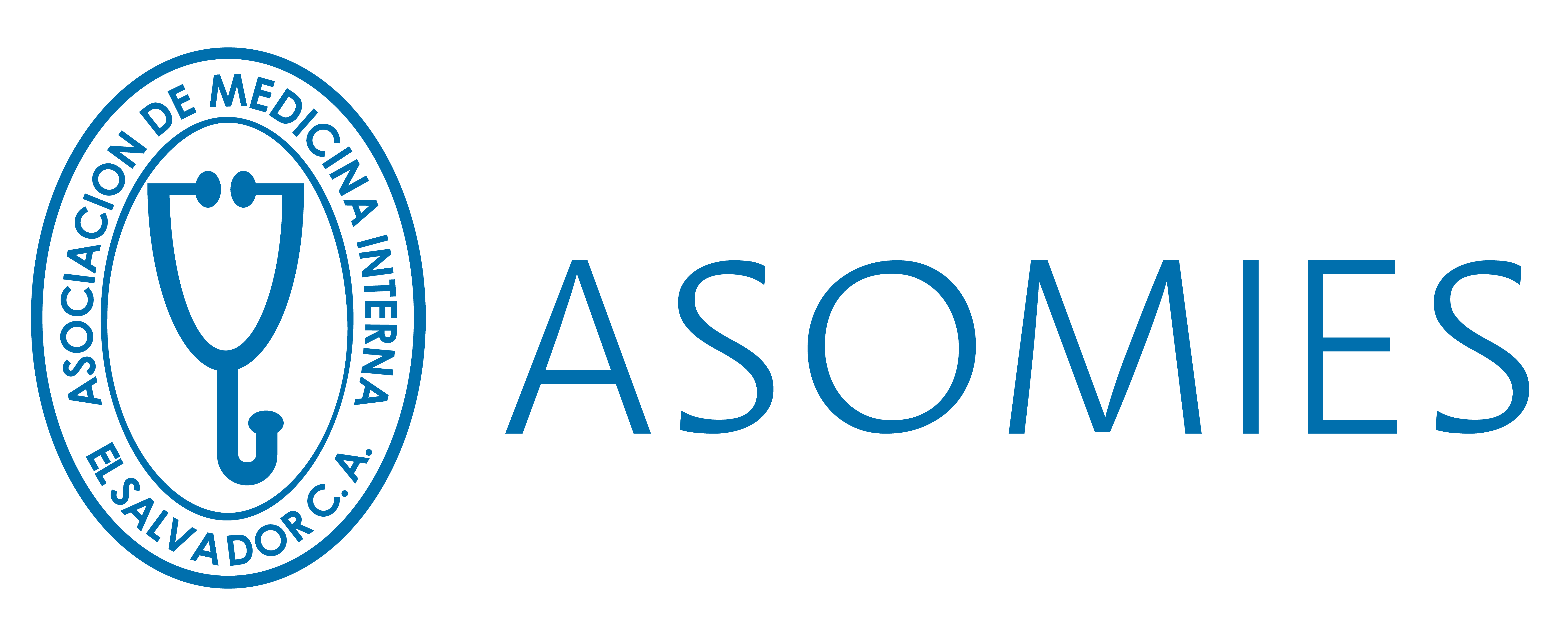enero 28, 2012
Morbidity and Mortality Weekly Report (MMWR)
Use of Hepatitis B Vaccination (HBV) for Adults with Diabetes Mellitus: Recommendations of the Advisory Committee on Immunization Practices (ACIP)
MMWR. 2011 Dec 23;60:1709-11. [Link to free full-text MMWR article online]
[Excerpts]
On the basis of available information about HBV risk, morbidity and mortality, available vaccines, age at diagnosis of diabetes, and cost-effectiveness, ACIP recommends the following:
- Hepatitis B vaccination should be administered to unvaccinated adults with diabetes mellitus who are aged 19 through 59 years (recommendation category A; evidence type 2).
- Hepatitis B vaccination may be administered at the discretion of the treating clinician to unvaccinated adults with diabetes mellitus who are aged ¥60 years (recommendation category B; evidence type 2).
Administration of the hepatitis B vaccine series should be completed as soon as feasible after diabetes is diagnosed. Available data do not confirm an advantage to any specific hepatitis B vaccine, dosage, or approved schedule for adults with diabetes. No serologic testing or additional hepatitis B vaccination is recommended for adults who received a complete series of hepatitis B vaccinations at any time in the past.
Decisions to vaccinate adults with diabetes who are aged ¥60 years of age should incorporate consideration of the patient’s likelihood of acquiring HBV infection, including the risk posed by an increased need for assisted blood-glucose monitoring in LTC facilities, the likelihood of experiencing chronic sequelae if infected with HBV, and the declining immunologic responses to vaccines that are associated with frailty, a geriatric syndrome characterized by decreased physiologic reserve and increased vulnerability, leading to early mortality in older adults.
Two single-antigen recombinant hepatitis B vaccines, Recombivax HB (Merck & Co., Inc.) and Engerix-B (GlaxoSmithKline Biologicals), and one combination hepatitis A and hepatitis B vaccine, Twinrix (GlaxoSmithKline Biologicals), are available in the United States.
__________________________________________________________________________
Recommendations on the Use of Quadrivalent Human Papillomavirus Vaccine (HPV4) in Males Advisory Committee on Immunization Practices (ACIP), 2011
MMWR. 2011 Dec 23;60:1705-8. [Link to free full-text MMWR article online]
[Excerpts]
ACIP recommends routine vaccination of males aged 11 or 12 years with HPV4 administered as a 3-dose series (recommendation category: A, evidence type: 2). The vaccination series can be started beginning at age 9 years. Vaccination with HPV4 is recommended for males aged 13 through 21 years who have not been vaccinated previously or who have not completed the 3-dose series. Males aged 22 through 26 years may be vaccinated. Recommendations for administration and precautions are unchanged from previous recommendations.
These recommendations replace the October 2009 ACIP guidance that HPV4 may be given to males aged 9 through 26 years. For these recommendations, ACIP considered information on vaccine efficacy (including data available since October 2009, on prevention of grade 2 or 3 anal intraepithelial neoplasia [AIN2/3], a precursor of anal cancer), vaccine safety, estimates of disease and cancer resulting from HPV, cost-effectiveness, and programmatic considerations.
HPV4 is directed against HPV types 6, 11, 16, and 18, and was licensed by the Food and Drug Administration (FDA) for use in females in June 2006. Bivalent HPV vaccine (HPV2; Cervarix, GlaxoSmithKline) is directed against HPV 16 and 18, and was licensed for use in females in October 2009. ACIP recommends either vaccine for routine use in females aged 11 or 12 years. In 2009, HPV4 was licensed for use in males for prevention of genital warts; in December 2010, FDA added prevention of anal cancer in males and females as an indication for use.
____________________________________________________________________
Update on Herpes Zoster Vaccine: Licensure for Persons Aged 50 Through 59 Years
MMWR. 2011 Nov 11;60:1528. [Link to free full-text MMWR article online]
[Excerpts]
Herpes zoster vaccine (Zostavax, Merck & Co., Inc.) was licensed and recommended in 2006 for prevention of herpes zoster among adults aged 60 years and older. In March 2011, the Food and Drug Administration (FDA) approved the use of Zostavax in adults aged 50 through 59 years. In June 2011, the Advisory Committee on Immunization Practices (ACIP) declined to recommend the vaccine for adults aged 50 through 59 years and reaffirmed its current recommendation that herpes zoster vaccine be routinely recommended for adults aged 60 years and older.
FDA approved the expanded indication for Zostavax in March 2011, based on a study of approximately 22,000 adults aged 50 through 59 years in the United States and four other countries. Half the study subjects received Zostavax, and half received a placebo. Study participants were then monitored for at least 1 year for the development of herpes zoster. Compared with placebo, Zostavax reduced the risk for developing herpes zoster by 69.8% (95% confidence interval = 54.1–80.6).
Considering all available evidence and the supply issues, ACIP declined to recommend the use of herpes zoster vaccine among adults aged 50 through 59 years and reaffirmed its existing recommendation that herpes zoster vaccine be routinely recommended for adults aged 60 years and older. ACIP will continue to monitor supply issues and might update recommendations regarding vaccination of adults aged 50 through 59 years when an adequate and stable supply of the vaccine is assured. Planned improvements by Merck in its production processes and the addition of new manufacturing facilities are expected to increase the supply of the vaccine during the next several years.
Contraindications to the use of Zostavax remain unchanged. Zostavax should not be given to pregnant women, persons with a primary or acquired immunodeficiency, or to persons with a history of anaphylactic reaction to gelatin, neomycin, or any other component of the vaccine. Herpes zoster vaccine can be administered simultaneously with other indicated vaccines.
For vaccination providers who choose to use Zostavax among certain patients aged 50 through 59 years despite the absence of an ACIP recommendation, factors that might be considered include particularly poor anticipated tolerance of herpes zoster or postherpetic neuralgia symptoms (e.g., attributable to preexisting chronic pain, severe depression, or other comorbid conditions; inability to tolerate treatment medications because of hypersensitivity or interactions with other chronic medications; and occupational considerations).
____________________________________________________________________
[Pneumococcal 13-valent conjugate vaccine update. FDA expands use of Prevnar 13 vaccine for people ages 50 and older. Link to FDA Press Release]
[Link to CDC Advisory Committee on Immunization Practices site online]
Centers for Disease Control and Prevention
www.cdc.gov
The above message comes from CDC, who is solely responsible for its content.
You have received this email because you requested follow-up information to an Epocrates DocAlert ® Message. For more information about DocAlert ® Messages, please click here.
Best wishes,
The Epocrates Team
1100 Park Place, #300
San Mateo, CA 94403
Publicado en Medinoticias |


